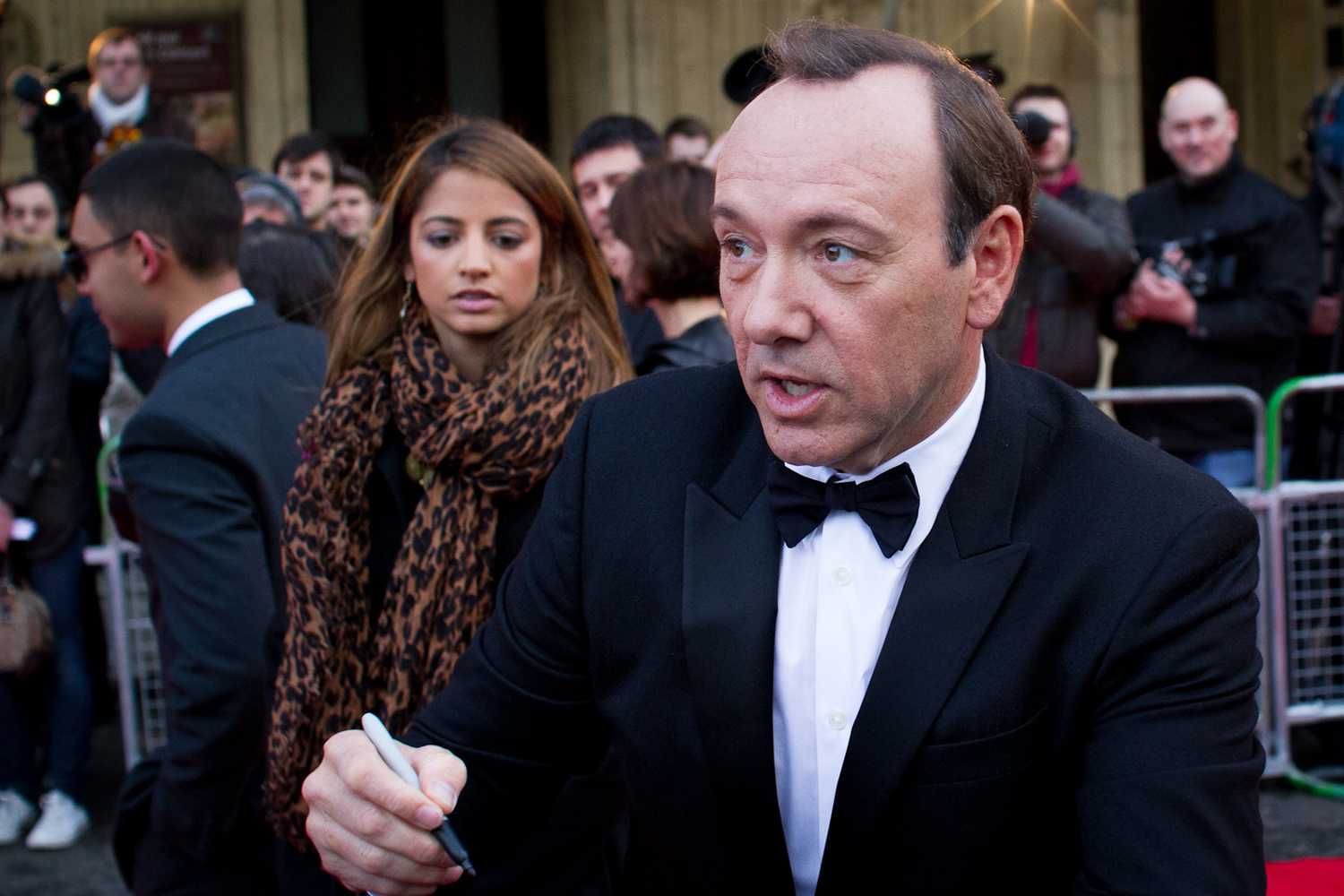Hollywood homophobia complicates Spacey scandal


Netflix cut ties with Kevin Spacey after four men accused him of sexual assault and harassment. (Photo via Wikimedia Commons)
Coming out as gay can be a struggle. The experience can be even harder if you’re 14 years old, the victim of a sexual assault — and in the film industry.
This is exactly the unfortunate situation actor Anthony Rapp faced in 1986 when, after attending Kevin Spacey’s party in Manhattan, the 26-year-old actor allegedly made drunken sexual advances toward him.
Spacey, an award-winning actor famous for his roles in “The Usual Suspects,” “American Beauty” and Netflix’s “House of Cards,” has faced serious accusations of sexual assault in the past week as Rapp went public with this story. Rapp, now 46, revealed the story following a scandal in which multiple women accused Hollywood executive and Oscar winner Harvey Weinstein of sexual harassment.
In the story’s wake, people are condemning Spacey, now 58 years old. As they should — sexual assault of a minor is a serious offense. However, focus on Spacey’s reaction hasn’t just been limited to the assault itself. Many are condemning Spacey — who came out as gay in his response to the accusation — for using his sexuality as a diversion.Not only that, the timing perpetuates gay men being associated with sexual assault and pedophilia.
But Spacey’s inopportune coming out was worsened by rampant homophobic prejudices in the film industry. In such an industry, where many are still afraid to come out of the closet, the silence LGBTQ+ actors are forced into only makes the problem more difficult to solve.
I’ve written before about Hollywood’s issues with racism, but the problem doesn’t stop with race. Homophobia has been and continues to be a problem for the film industry. Countless actors, including “Star Trek” actor George Takei, have hidden their sexual orientation for years in fear of a negative public reaction. In a 2013 interview with the Huffington Post, Takei called his decision to come out extremely difficult and cited the negative reaction to Jodie Foster’s public coming out.
“It’s a very difficult and personal thing, particularly for a public person,” he said.
There have been even more recent instances of actors facing negative backlash for being open about their sexuality in Hollywood. “Teen Wolf” actor Colton Haynes told Out magazine in a 2016 interview that he faced pressure from his talent management to conceal his sexuality after he came out last year.
“I was told that was the only way I was going to be successful,” Haynes said.
There’s a reason Spacey felt the need to keep his sexual orientation quiet until very recently — that’s why it wasn’t brought up until now. Rapp said in his accusations against Spacey that one of the reasons he was silent about this for so long was because he wasn’t ready to discuss his sexual orientation in 1986.
Of course, all of this doesn’t mean Spacey should be absolved from being responsible for a sexual assault. In fact, his actions have the potential to feed right back into Hollywood’s toxic culture. By coming out as a gay man in this situation, Spacey is trying to hide behind a marginalized orientation, misusing the sympathy LGBTQ+ celebrities might receive. It’s a lousy attempt at a diversion to save face and make people forget the heinous act he committed.
LGBTQ+ activists, including Takei, have made their disdain for Spacey’s move clear. In a recent interview with The Hollywood Reporter, Takei condemned Spacey and mentioned that the criticism of Spacey have nothing to do with his sexuality but with his misuse of power.
“Men who improperly harass or assault do not do so because they are gay or straight — that is a deflection,” he said. “They do so because they have the power, and they chose to abuse it.”
Rapp’s accusation has led three other men to accuse Spacey of sexual assault — an anonymous journalist, Justin Dawes and Mark Ebenhoch. Hollywood actors Dustin Hoffman, Jeremy Piven and Brett Ratner have also been accused of sexual misconduct following the Spacey story. Moreover, Netflix has decided to cut ties with Spacey — the sixth season of “House of Cards” will be its last. Clearly, there is change occurring in the industry. The question is whether that change will allow LGBTQ+ people in Hollywood more equal treatment or force them back into the shadows.
Spacey’s actions unquestionably paint members of the LGBTQ+ community — particularly gay men — in a negative way. By associating being gay with sexual harassment, the actor’s cynical move perpetuates negative views toward gay people. Spacey’s careless actions jeopardize the progress made by activists for gay rights.
Every actor in Hollywood — Spacey included — has to deal with the film industry’s ugly version of anti-gay prejudice. There’s a difference, however, between Spacey and other LGBTQ+ actors. Many of them have worked to give a positive public image to the gay community. Spacey, on the other hand, has done nothing but give them a bad name.
Thomas primarily writes about visual media and gaming for The Pitt News. Write to Thomas at tmw79@pitt.edu.
Recent Posts
SGB addresses concerns about ICE presence on campus, hears SJP lawsuit against administration, approves governing code bill
At its weekly meeting on Tuesday at Nordy’s Place, Student Government Board heard concerns about…
ACLU of Pennsylvania sues Pitt over SJP suspension
The ACLU of Pennsylvania filed a federal civil lawsuit against the University of Pittsburgh and…
Marquan Pope: The ultimate shark
One of the most remarkable things about sharks is that an injury doesn’t deter them.…
Who Asked? // Do we really get a summer vacation?
This installment of Who Asked? by staff writer Brynn Murawski mourns the seemingly impossible perfect…
Notes From an Average Girl // Notes from my junior year
In this edition of Notes From an Average Girl, senior staff writer Madeline Milchman reflects…
Meaning at the Movies // The Power of the Movie Theater
In this edition of “Meaning at the Movies,” staff writer Lauren Deaton discusses her love…

